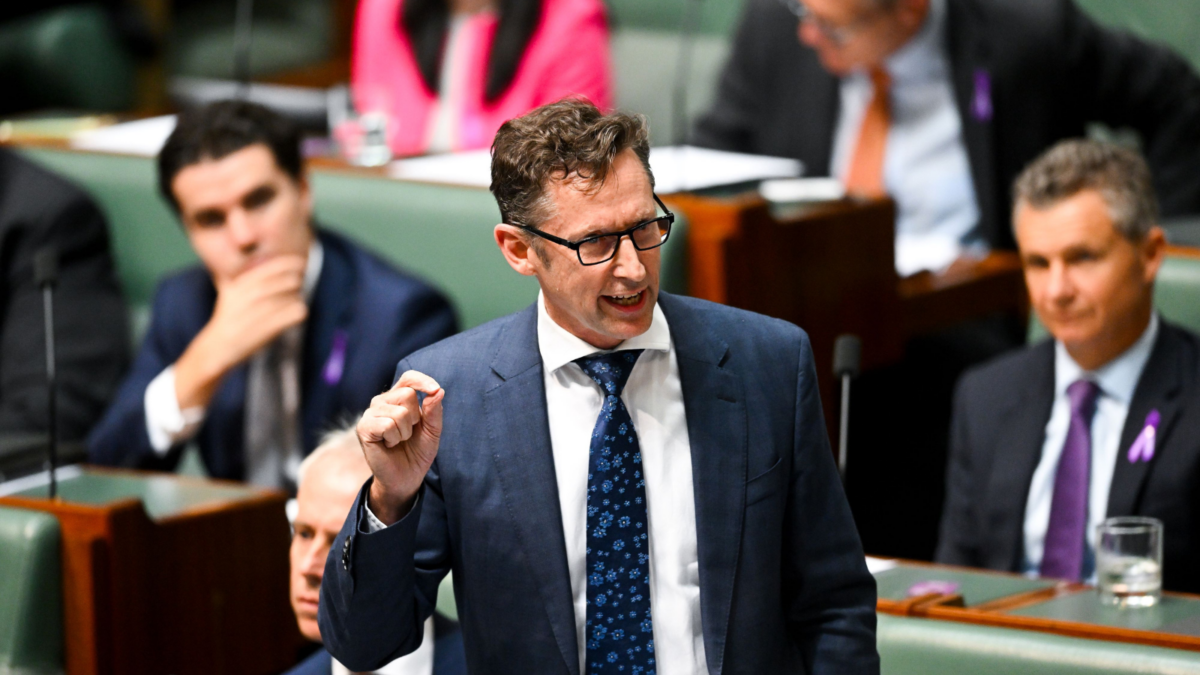The three warnings big super can’t ignore
The first warning, delivered by APRA’s Margaret Cole at the AFR Wealth Summit in Melbourne, didn’t differ in content or tone to any of her previous efforts. The gist of it was this: do better.
“The Australian superannuation system as it comes of age is a prized possession,” Cole said. “But its social licence is not a given – it needs to be renewed and given new vigour. That will require trustees to show foresight, and step up to the challenges with courage and commitment.”
There’s been plenty of grumbling from the super sector about the regulators’ conduct since the royal commission. APRA and ASIC, browbeaten by Kenneth Hayne for failing to do anything about gross misconduct in the financial services, are now very keen to show everybody that they’re working hard to avoid a repeat. What would once have been a ‘robust’ discussion behind boardroom doors now spills, suddenly and violently, onto the front page; everything from how much funds spend on spruiking their products to how often they revalue the unlisted assets has been placed under the microscope. The language has hardened. Funds are “inadequate”; they have “deficiencies”; there are “gaps”.
Perhaps there is an aspect of keeping up appearances in APRA’s efforts, and those efforts are not always helpful. APRA’s warning that funds must bring down cost to member is usually delivered in the same breath as a warning that they need to revalue their unlisted assets more frequently, spend more on cyber security, or collate vast amounts of data on investment holdings that funds fear will ultimately be used against them by competitors inside and outside the system. It is impossible to have it both ways; the regulator needs to recognise that if members are to be protected it will ultimately cost members.
But funds also need to recognise that members are entitled to that protection. The problems the regulators are finding are not imagined; they are spread across the full spectrum of fund operations. Everything from investment governance to member services has been found lacking. It’s no longer acceptable for super funds to not know what’s going on inside their businesses, let alone the biggest super fund in Australia, which is headed to court after charging fees to members with multiple accounts that the fund itself had failed to reconcile. Yes, the problem was self-reported – 10 years after it first occurred.
Industry funds emerged from the royal commission almost unscathed, and some feel it’s unfair that they are now subject to harsh scrutiny for what are often viewed as the growing pains of a sector being forced to rapidly consolidate. Perhaps that’s reasonable. But a lackadaisical attitude to emerging risks, both investment and organisational, will do them no favours. They may feel that a friendly government is unlikely to drag them before another royal commission – but there’s always another government, and another royal commission.
And that’s counting on the idea that this government is, indeed, friendly. There is much political capital to be gained defending the retirement savings of everyday Australians – extra points when those retirement savings actually need defending. The second warning was delivered on the same day, in the same room, by minister for financial services Stephen Jones. Often lambasted by his political opponents for what they perceive as a cozy relationship with the industry funds, Jones gave no indication he felt any particular coziness towards them when he said: “I’ve spent the last year putting funds on notice. I won’t spend the next year doing exactly the same thing.”
“There are over five million Australians at or approaching retirement age,” Jones said. “That’s a significant cohort of members who will begin to have a different level and scope of engagement with their funds. And they are going to expect more from their fund, with a higher level of customer service and responsiveness. So there needs to be an urgency to ensure the system is working for its members.”
Funds are entitled to a little sympathy here – a little. Shifting from investing the proceeds of a defined contribution pension system to investing (and paying them out) with a defined benefit mindset is no small task. It means dabbling in the actuarial dark arts and more than a little product innovation, which has never been the strong suit of the industry funds. But the decumulation phase is not getting further away; funds need to prepare both themselves and members for it.
After all, members will vote with their feet if they do not get the service they expect; and if a screwup of the type becoming all too common deprives them of access to their retirement savings, or sees too great a chunk of them diverted to fees, or causes them to vanish in an avoidable investment blowup, it’s unlikely the industry funds will sail through another royal commission.
The final warning, delivered late last year by Garry Weaven, goes to the two above:
“Back in the 80s, when this whole thing was started, the industry was run by mutual life companies,” Weaven said. “Not one of those companies, out of a total monopoly, are alive today. And that’s because they lost their purpose, they lost their way, and they disappeared. The same can happen to the great funds of today if they don’t continually renew themselves and innovate.”











